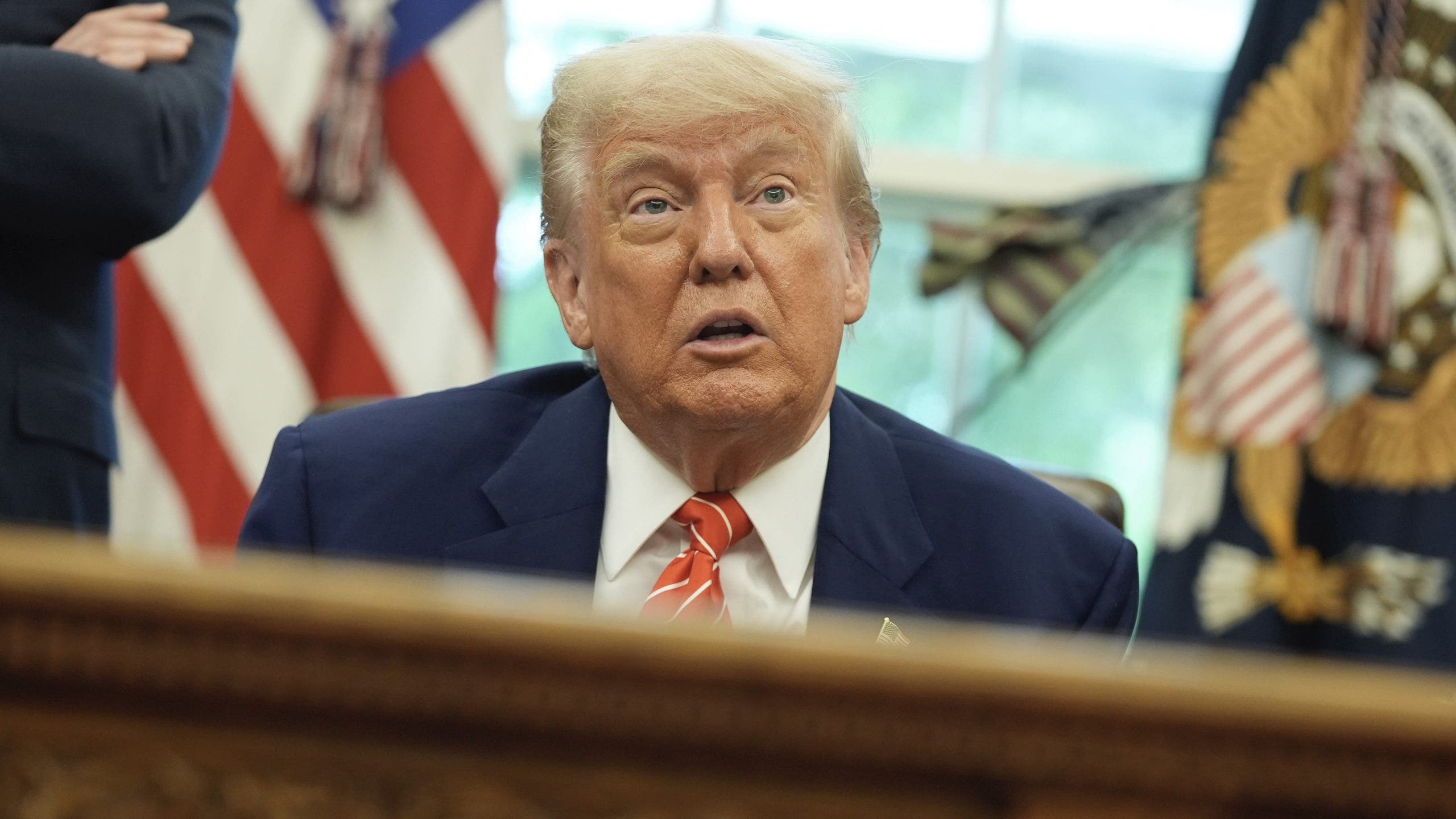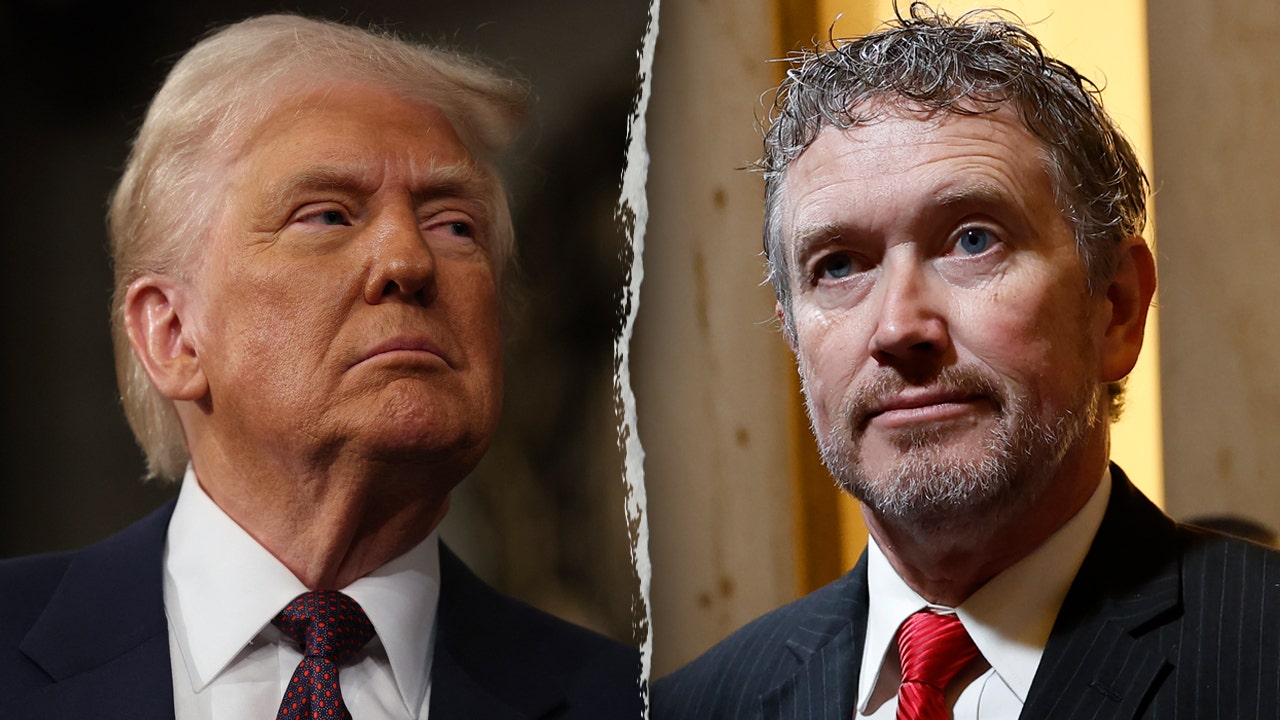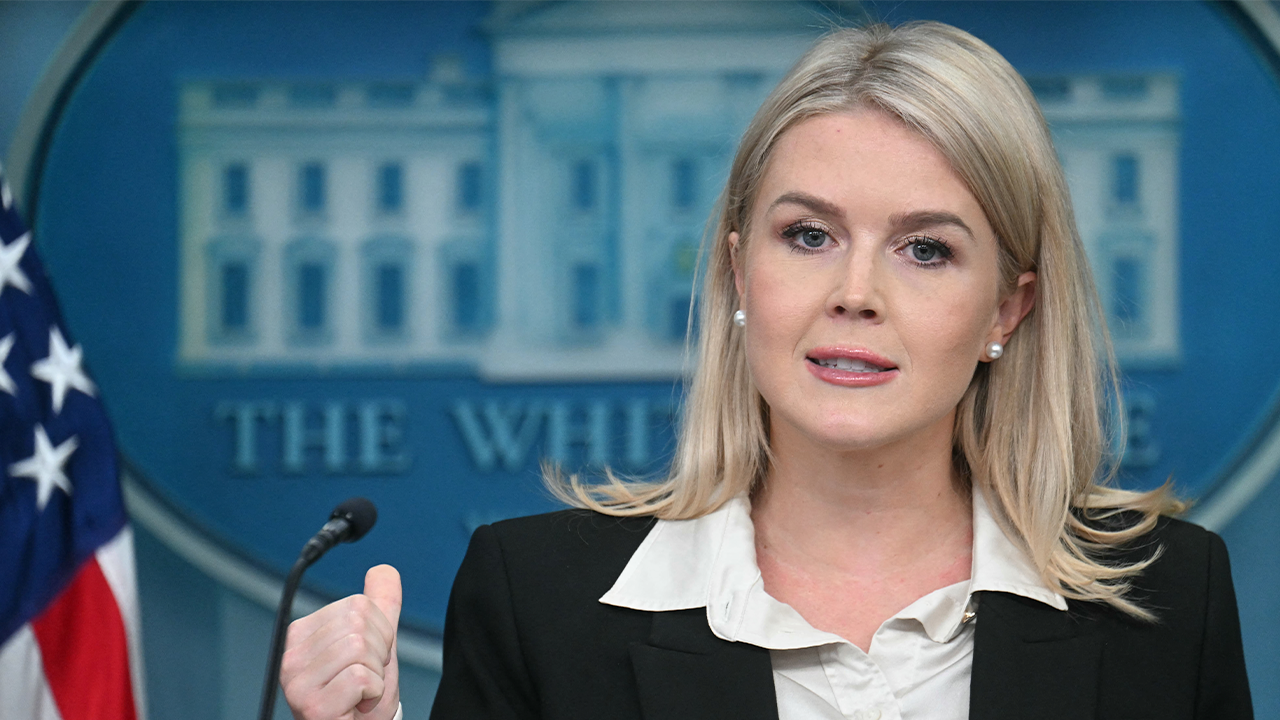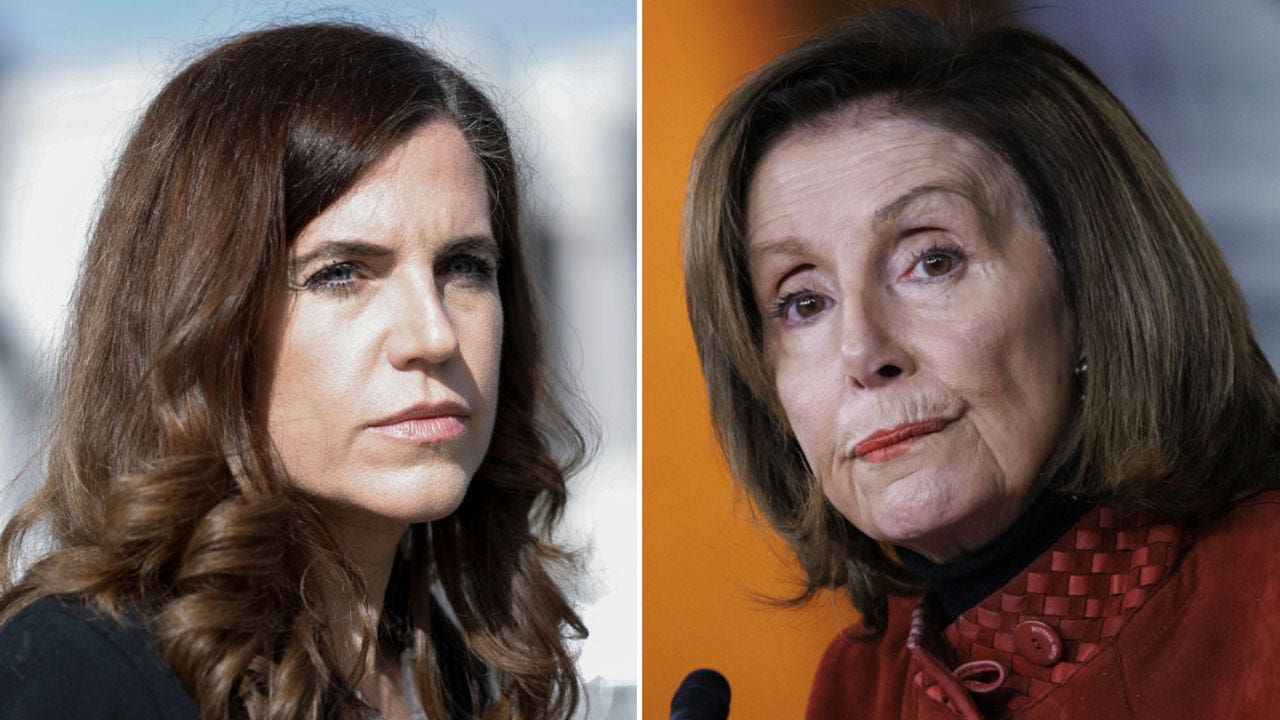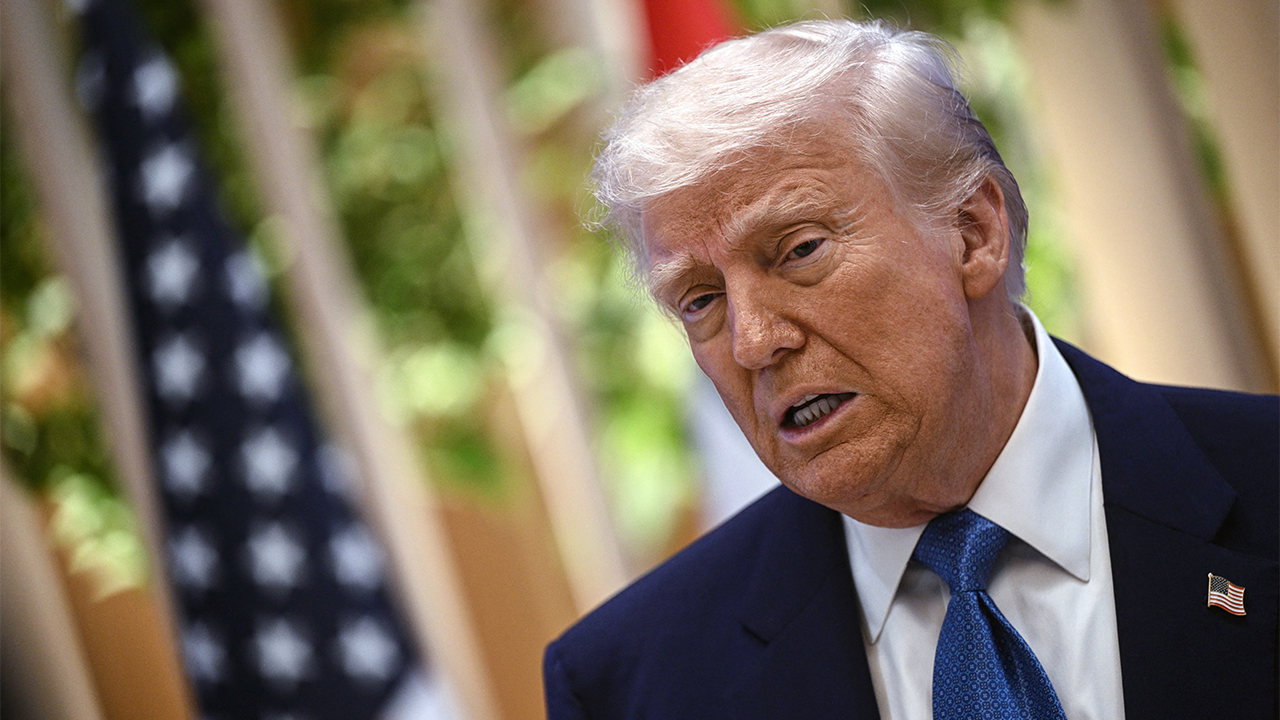Four months into his second tour of duty in the White House, President Donald Trump’s approval ratings remain slightly underwater.
The president stands at 46% approval and 54% disapproval in a new national survey by Marquette Law School. And Trump is at 42% approval and 52% disapproval in a Reuters/Ipsos poll.
Most, but not all, of the latest national surveys place the president’s approval rating in negative territory, with a handful indicating Trump is above water.
Trump has aggressively asserted executive authority in his second term, overturning longstanding government policy and aiming to make major cuts to the federal workforce through an avalanche of sweeping and controversial executive orders and actions, with some aimed at addressing grievances he has held since his first term.
TRUMP’S APPROVAL RATINGS ARE UNDERWATER, BUT DEMOCRATS FACE RECORD-LOW POLLING NUMBERS
Trump started his second administration with poll numbers in positive territory, but his poll numbers started to slide soon after his late-January inauguration.
But two issues where the president remains at or above water in some surveys are border security and immigration, which were front and center in Trump’s successful 2024 campaign to win back the White House.
HEAD HERE FOR THE LATEST FOX NEWS POLLING
Trump stands at 56% approval on border security and 50% approval on immigration in the Marquette Law School poll, which was conducted May 5-15.
But Trump’s muscular moves on border security and immigration, which have sparked controversy and legal pushback, don’t appear to be helping his overall approval ratings.
“Immigration is declining now as a salient issue,” said Daron Shaw, who serves as a member of the Fox News Decision Team and is the Republican partner on the Fox News poll.

Shaw, a politics professor and chair at the University of Texas, said “immigration and especially border security are beginning to lose steam as one of the top-three issues facing the country. Republicans still rate them fairly highly, but Democrats and independents, who had kind of joined the chorus in 2024, have moved on and in particular moved back to the economy as a focal point.”
Pointing to Trump, Shaw added that “when you have success on an issue, it tends to move to the back burner.”
Contributing to the slide over the past couple of months in Trump’s overall approval ratings was his performance on the economy and, in particular, inflation, which were pressing issues that kept former President Joe Biden’s approval ratings well below water for most of his presidency.
Trump’s blockbuster tariff announcement in early April sparked a trade war with some of the nation’s top trading partners and triggered a massive sell-off in the financial markets and increased concerns about a recession.
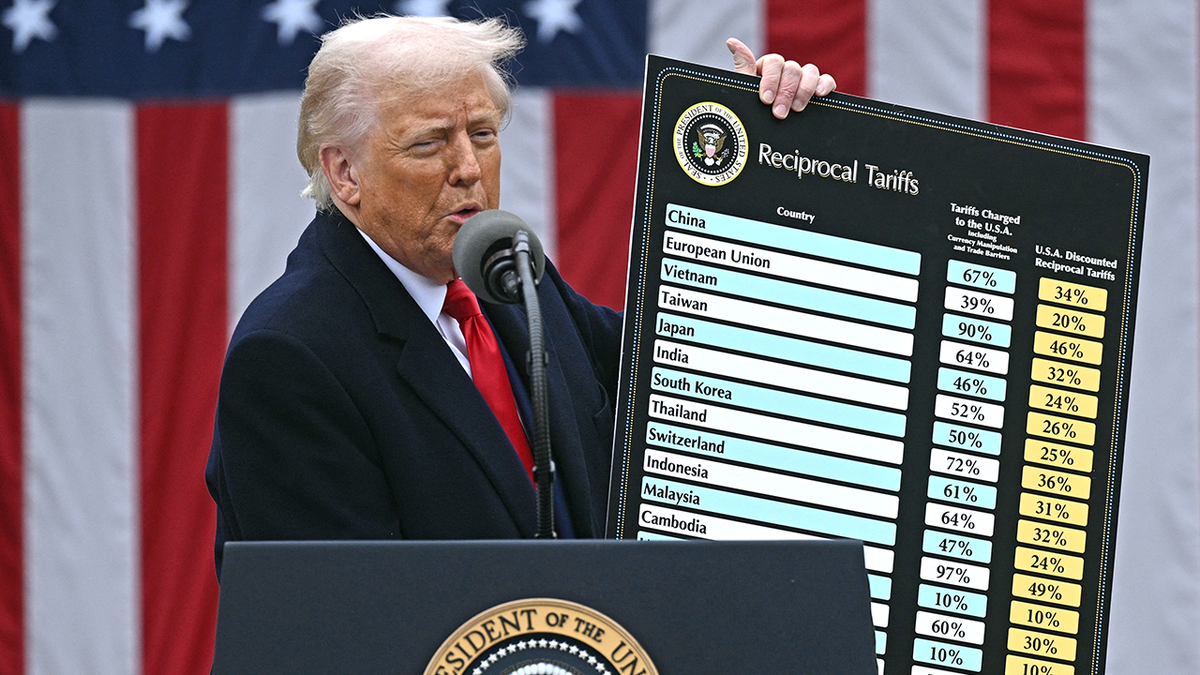
But the markets have rebounded, thanks in part to a truce between the U.S. and China in their tariff standoff as Trump tapped the brakes on his controversial tariff implementation.
Trump stood at 37% approval on tariffs and 34% on inflation/cost of living in the Marquette Law School poll. And he stood at 39% on the economy and 33% on cost of living in the Reuters/Ipsos poll, which was conducted May 16-18.
Doug Heye, a longtime GOP strategist and former RNC and Bush administration official, pointed to last year’s election, saying, “The main reason Trump won was to lower prices. Prices haven’t lowered, and polls are reflecting that.”
“With the exception of gas prices, there hasn’t been much of a reduction in prices,” Shaw said.
“Prices haven’t come down, and it’s not clear that people will say the absence of inflation is an economic victory. They still feel that an appreciable portion of their money is going to pay for basic things,” he added. “What Trump is realizing is that prices have to come down for him to be able to declare success.”



